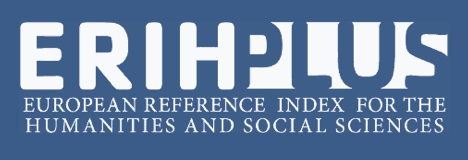This Can Still be Europe’s Century
Abstract
The European integration process has been a long-run success model. Europe created an area of peace
in a formerly conflict-ridden continent and at the same time the largest common Market of the world and a currency
union for most of its countries. However, Europe has suffered from low dynamics since the financial crisis, and some of
the consequences of this are high youth unemployment, the Brexit and the opposition to European solutions for dealing
with migration. The study summarizes and evaluates research documents gathered by 28 European research institutions
using historical analysis, models, and econometric techniques. One crucial result is that the European integration process
has lost its narrative, and as a result also the enthusiasm of citizens for common solutions as needed for a currency
union. Consequently, the article develops a new vision for Europe 2050 with seven required game changers. Taking
more responsibility in shaping globalization and in stabilizing its politically unstable neighbourhoods would additionally
be essential to regaining public support, as well as to boosting investment and consumption. The paper is intended
as a contribution to an evidence-based design for Europe and the strategy discussion initiated by the White Paper
of the European Commission. Europe still has a narrow window of opportunity for introducing reforms, combating
Euro-scepticism and creating a role model for high well-being and broader societal goals.

This work is licensed under a Creative Commons Attribution-NonCommercial 4.0 International License.













.jpg)








